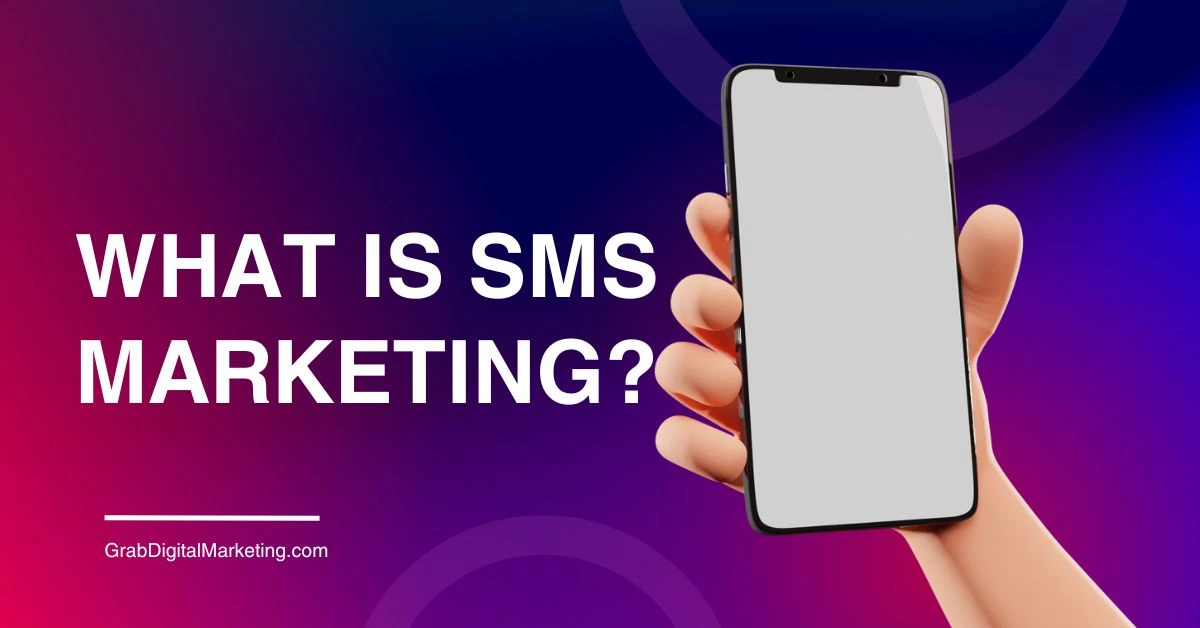What is SMS Marketing?
SMS marketing, or Short Message Service marketing, is a digital strategy that lets businesses connect directly with customers through text messages on their mobile phones. It’s a powerful way to share important updates, promo offers, and reminders—delivered instantly and read within minutes. Because people check their phones so often, SMS campaigns enjoy very high open rates and help businesses create a more personal relationship with their audience. With its simplicity and cost-effectiveness, SMS marketing is ideal for reaching customers on the go, driving quick responses, and building brand loyalty—all of which can boost the performance of your Google AdSense campaigns by keeping your audience engaged and informed.
Table of Contents
History and Evolution of SMS Marketing
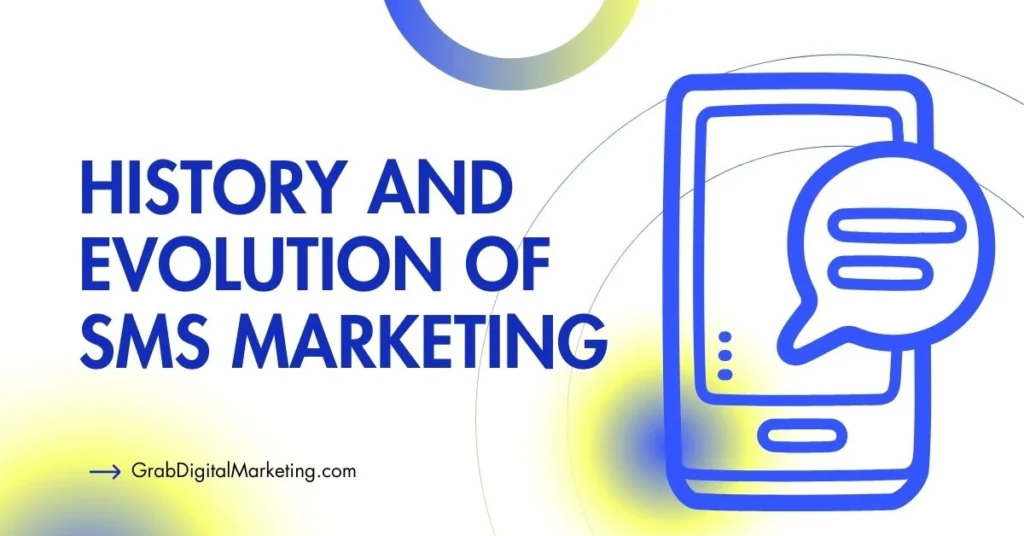
SMS marketing has evolved significantly since its introduction in the 1990s. Back then, businesses used simple text messages for basic notifications and promotions. As more people began using mobile phones in the 2000s, SMS became a popular tool for sending bulk messages and personalized offers. The rise of smartphones brought new capabilities—like interactive messages and two-way conversations—which made SMS marketing even more engaging. In the 2010s, SMS started integrating with broader digital marketing strategies, incorporating automation, targeting, and AI-driven personalization. Today, SMS marketing is more sophisticated than ever, featuring rich media files, chatbots, and seamless connections with other channels. For Google AdSense users, understanding this evolution helps create campaigns that are relevant and responsive to modern consumer habits, making SMS marketing a valuable part of any digital strategy.
Benefits of SMS Marketing
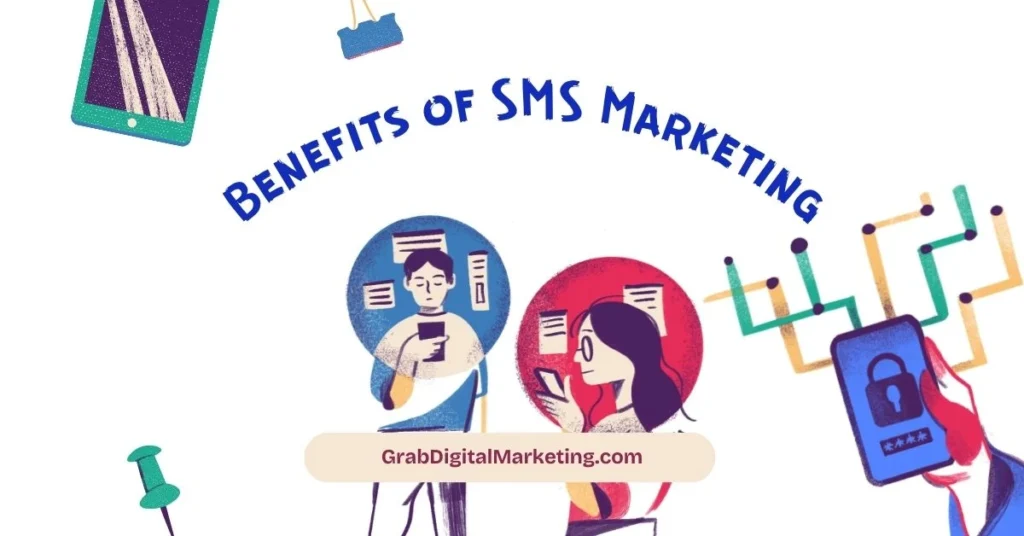
SMS marketing offers several practical benefits that can supercharge your Google AdSense strategy. Text messages have incredibly high open rates—nearly 98%, which means your promos and announcements reach most of your audience instantly and are read. SMS campaigns are fast, direct, and cut through the clutter of crowded email inboxes and feed algorithms, making every message stand out. They’re also cost-effective; sending bulk messages costs just a few cents each, allowing small and large businesses to communicate efficiently without heavy spending. With features like automation and personalization, SMS marketing delivers targeted, relevant content that customers appreciate, leading to stronger engagement and measurable ROI. For those using Google AdSense, integrating SMS marketing helps drive traffic, boost conversions, and nurture relationships by keeping your most valuable users informed and active.
Key Components of SMS Marketing
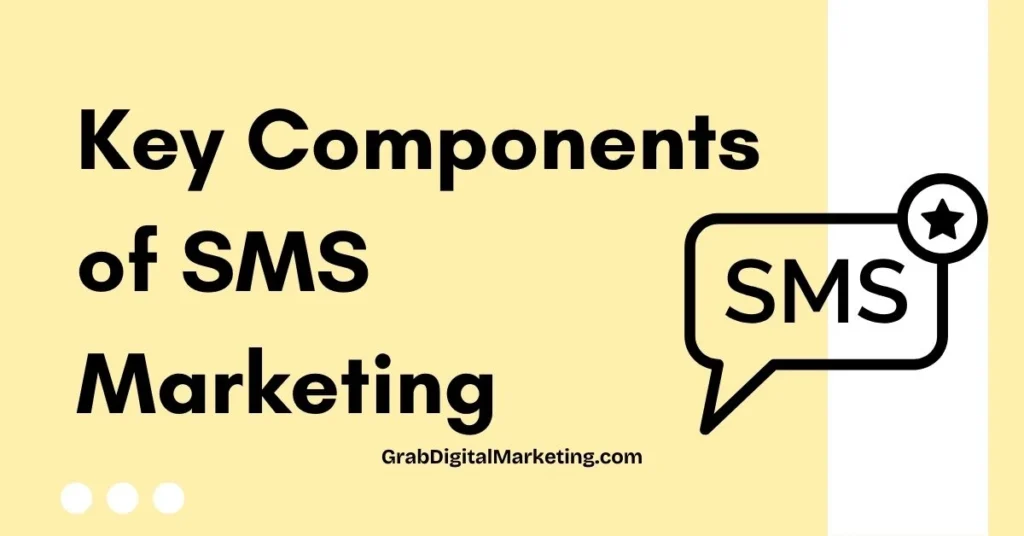
The key components of SMS marketing revolve around building trust, targeting effectively, and delivering valuable content at the right time. Every successful SMS campaign starts with opt-in and opt-out mechanisms, meaning users must willingly subscribe and have the freedom to unsubscribe, ensuring compliance and a positive customer experience. Smart segmentation lets marketers send tailored messages based on audience interests and behaviors, while personalization (such as using the recipient’s name or referencing their previous purchases) helps make each message feel relevant. Timing and concise messaging are critical: texts should be clear, compelling, and sent when recipients are most likely to respond. Lastly, automation and integration with other digital channels like Google AdSense further amplify campaign impact, allowing for seamless workflows and higher engagement.
Popular Use Cases of SMS Marketing
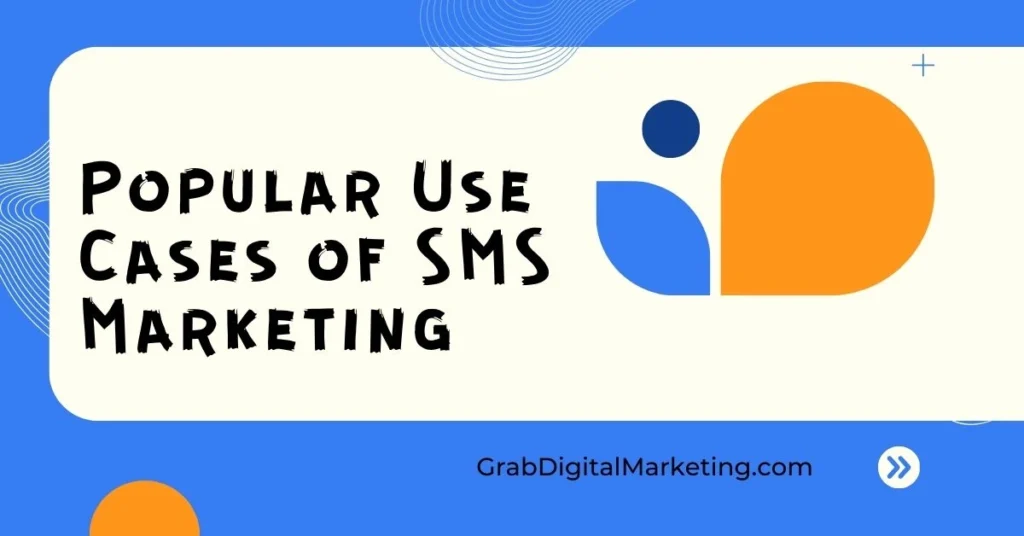
SMS marketing is incredibly versatile and can be used in many ways to support Google AdSense campaigns. Popular use cases include sending promotional offers and discounts that encourage quick purchases, reminding customers about appointments or events to reduce no-shows, and providing order confirmations and shipping updates to enhance the customer experience. Businesses also use SMS to invite customers to events or webinars, increasing participation. With Google Ads SMS, marketing teams can raise brand awareness by offering a textable number for customer questions, sales teams can generate leads with easy text-based actions, and dispatch teams can manage orders and delivery inquiries quickly. Automated replies and keyword responses make interactions smoother, keeping customers engaged and helping businesses respond faster. These real-time, direct messages help build trust and drive more immediate responses, making SMS a powerful tool alongside Google AdSense ads.
Challenges and Considerations
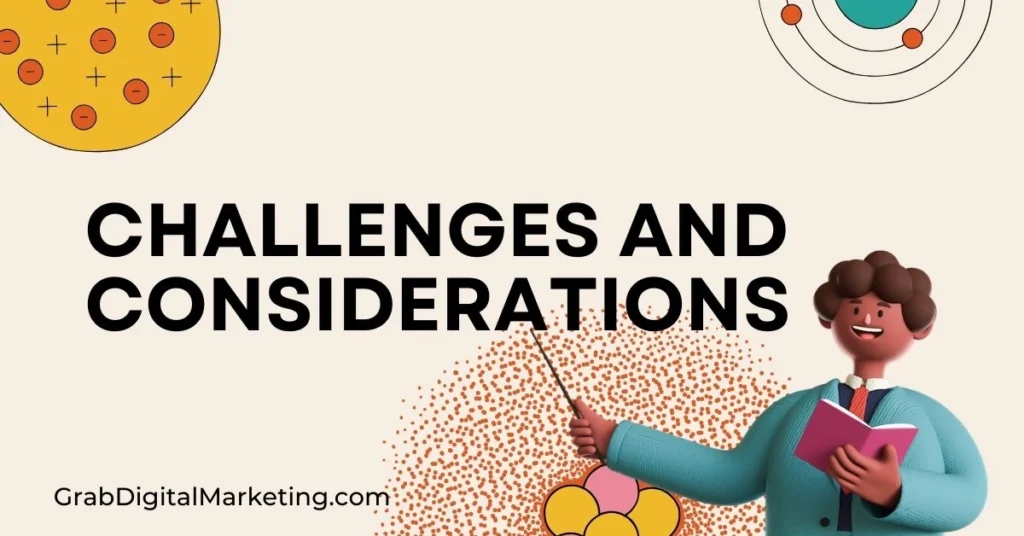
When using Google AdSense, publishers face several challenges and important considerations to ensure success. One common issue is properly implementing the AdSense ad code on the website, which requires technical accuracy to avoid errors and ensure ads display correctly. Content quality is also crucial; sites with insufficient, low-quality, or duplicate content may be rejected or penalized by AdSense. Clear site navigation and a good user experience help maintain visitor engagement and prevent issues during AdSense reviews. Traffic sources must be legitimate and comply with Google policies, avoiding any paid or incentivized clicks. Additionally, publishers must be careful with ad placement to prevent accidental clicks, which can lead to account suspension. Adhering to these guidelines and regularly monitoring performance helps maximize revenue while avoiding policy violations and technical problems.
Future Trends in SMS Marketing
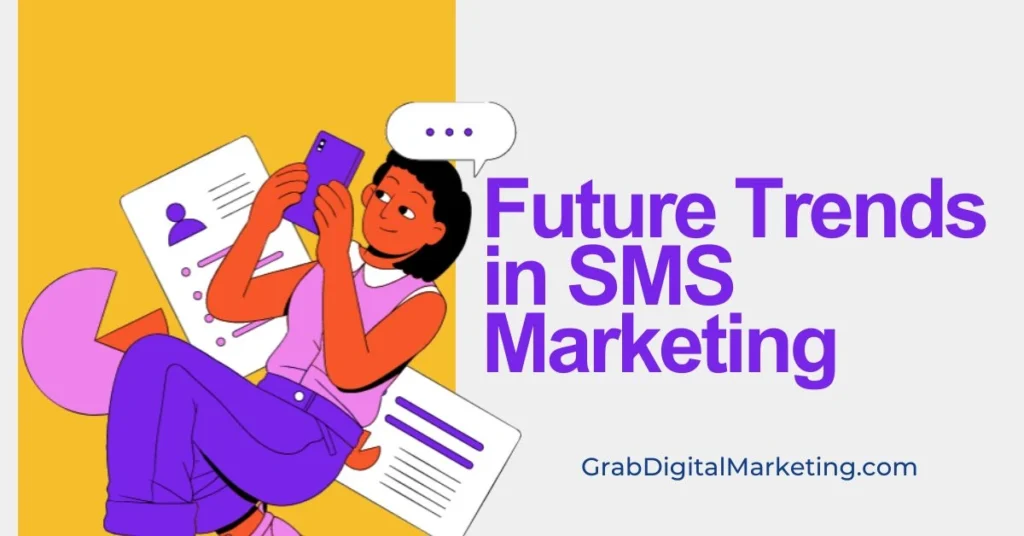
SMS marketing is evolving rapidly with exciting future trends that make it more powerful and effective for businesses, including those using Google AdSense. One key trend is the growing use of AI and automation, enabling marketers to create highly personalized and timely messages at scale without losing the human touch. SMS is becoming a core part of omnichannel marketing strategies, seamlessly connecting with email, social media, and web platforms for a consistent customer experience. Interactive SMS campaigns, like polls and surveys, are gaining popularity by boosting engagement rates significantly. Compliance with stricter privacy regulations remains a priority, ensuring customer trust and transparency. Plus, conversational messaging through AI-powered chatbots is making SMS a two-way communication channel, offering instant responses and better customer support. All these trends mean SMS marketing will continue to be a cost-effective, direct, and highly engaging way to reach and retain customers, enhancing Google AdSense efforts by driving real-time interaction and loyalty.
Conclusion
SMS marketing is a powerful and versatile digital marketing strategy that enables businesses to reach their customers directly on their mobile phones. With its high open rates, immediate delivery, and cost-effectiveness, SMS marketing offers numerous benefits for businesses of all sizes. By implementing key components such as opt-in mechanisms, segmentation, and compelling content, businesses can create successful SMS marketing campaigns that drive engagement and conversions. While challenges such as message saturation and privacy concerns exist, the future of SMS marketing is promising, with trends like personalization, RCS, and two-way communication set to enhance its effectiveness. Embracing SMS marketing as part of a comprehensive digital marketing strategy can help businesses build stronger relationships with their customers and achieve their marketing goals.

